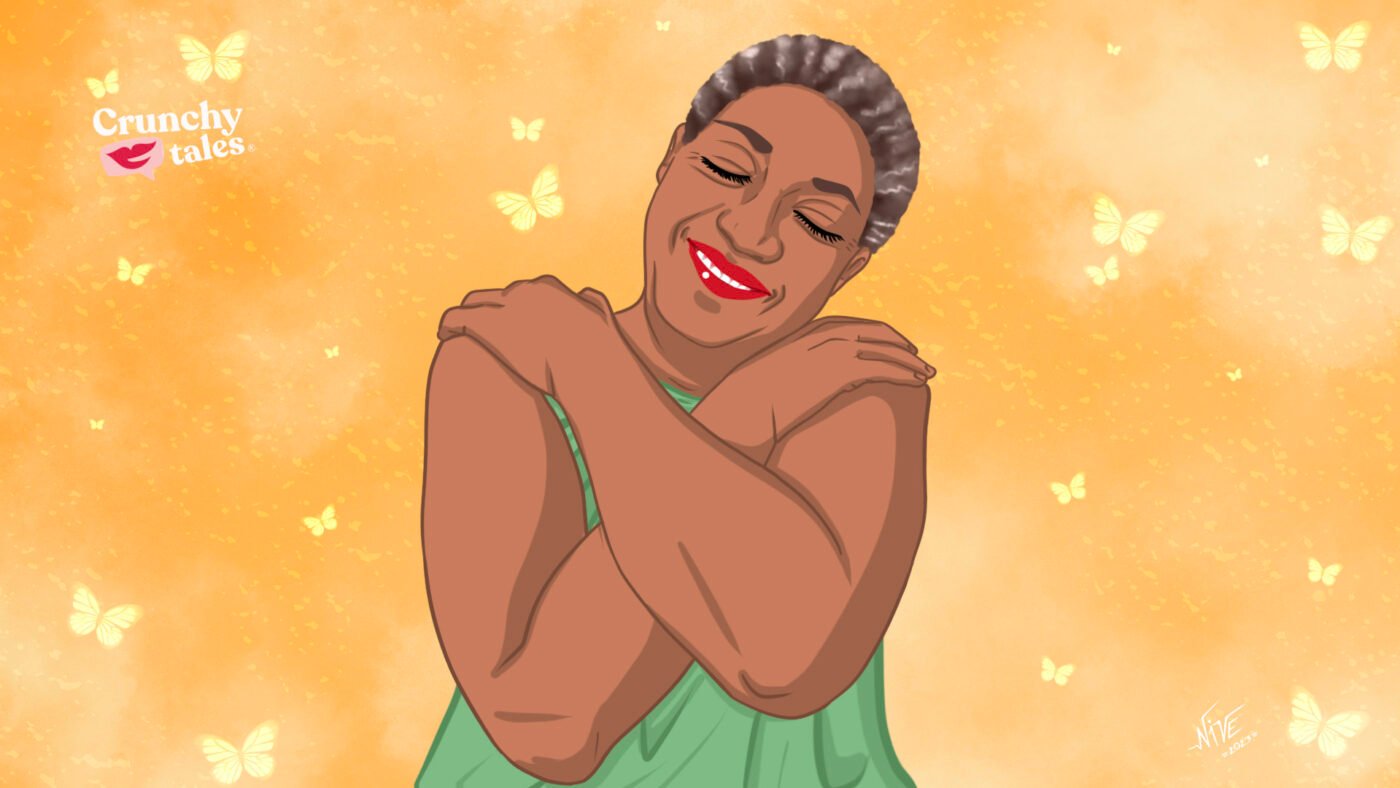4 Steps To Reparenting Yourself At Midlife
Feeling peace about our past is not an easy task, but we can give ourselves another chance at unconditional love through re-parenting.
It may sound strange to consider giving ourselves a second childhood at 50 but it’s never too late to reconnect with our inner child and so unravel our past journey.
Midlife is the right time to take stock of our lives and if we had a difficult time when very young, this might be the opportunity to give ourselves the one we never had and learn to re-parent ourselves. By engaging in this process, we can learn how to forgive our family for mistakes, unlearn things we thought we knew, go beyond the important practice of revisiting old inner wounds and role-play the parent we needed as a child instead.
At its core, reparenting (or self-reparenting) is showing up for ourselves and learning we can love ourselves exactly as we are, not the person we were told to be, finally being able to build a strong sense of self-worth and start untangling generations of unhealthy behaviours in our families.
What are the benefits of reparenting?
From unresolved traumas showing up as problematic behaviour, dysfunctional patterns, and poor conflict resolution skills to poor emotional regulation, and unhealthy relationships, many of us carry the pain from early distressing events into our adulthood.
As children we did not have the right emotional coping abilities to process the pain at that time, so for us to survive, we learned to live with it. But according to mental health experts by getting back to our roots, and taking the hand of that inner kid who’s still struggling to find balance, discipline, and unconditional love we could retrain and rewire our brains to deconstruct the pieces of our identity that are no longer helpful to us.
Inner child work is very important because by learning how to provide that loving presence that we wished we had received as a child by ourselves (becoming our own parents), also helps us avoid finding someone else (whether a partner, a soul mate or a spiritual community) to comfort him or her – temporary solutions that usually don’t solve our problems.
How to reparent yourself
While re-parenting is best done with the help of a psychologist or a certified mental health coach, there are some steps we can take to start nurturing our inner child and then meet our own emotional or physical needs that went unmet in our childhood.
These needs may include affection, security, routines and structure, emotional regulation, and compassion.
According to holistic psychologist Patricia Williams, there are four pillars of reparenting:
- Discipline: setting healthy habits and rituals that improve your mental health;
- Joy: learning your own unique passions and interests (instead of doing what you’re supposed or expected to do);
- Emotional regulation: involves embodied introspection, allowing you to understand when you’re being true to yourself and when your thoughts are controlling you;
- Self-care: meeting your emotional and physical needs.
Of course, reparenting techniques come in all shapes and sizes but “allowing ourselves to have our feelings and name them correctly, becoming the voice of kindness and love that we needed at that moment, start dropping judgement and learning how to be more understanding with ourselves, are big steps forward“.
The goal is to observe the past for what it was and finally acknowledge what that little child really wanted and didn’t receive from a caregiver in that moment of need.
However, it’s also important to understand that it’s not all your or your parent’s fault. We were too young to know and they probably were unconsciously repeating many of the same rules they were raised with, but we are lucky enough to at least have the chance to recognise and then correct unhealthy family patterns by focusing on reparenting ourselves.
In the end, real and lasting growth comes when we love ourselves and others. By giving us the love and safe boundaries we lacked in early life, we free others around us to do the same.
Like this post? Support Us or Sign up to our newsletter to get more articles like this delivered straight to your inbox!





